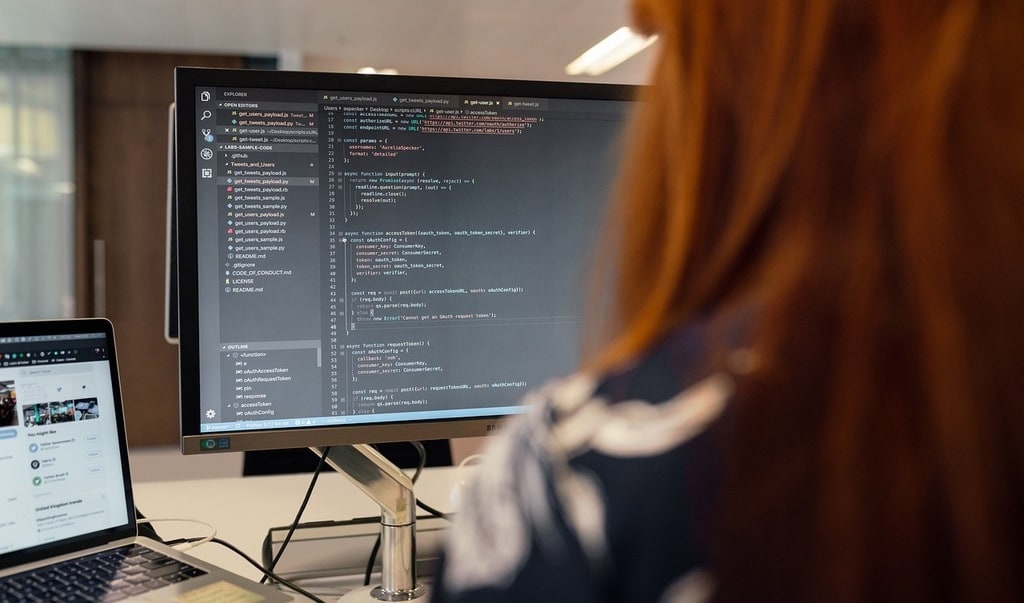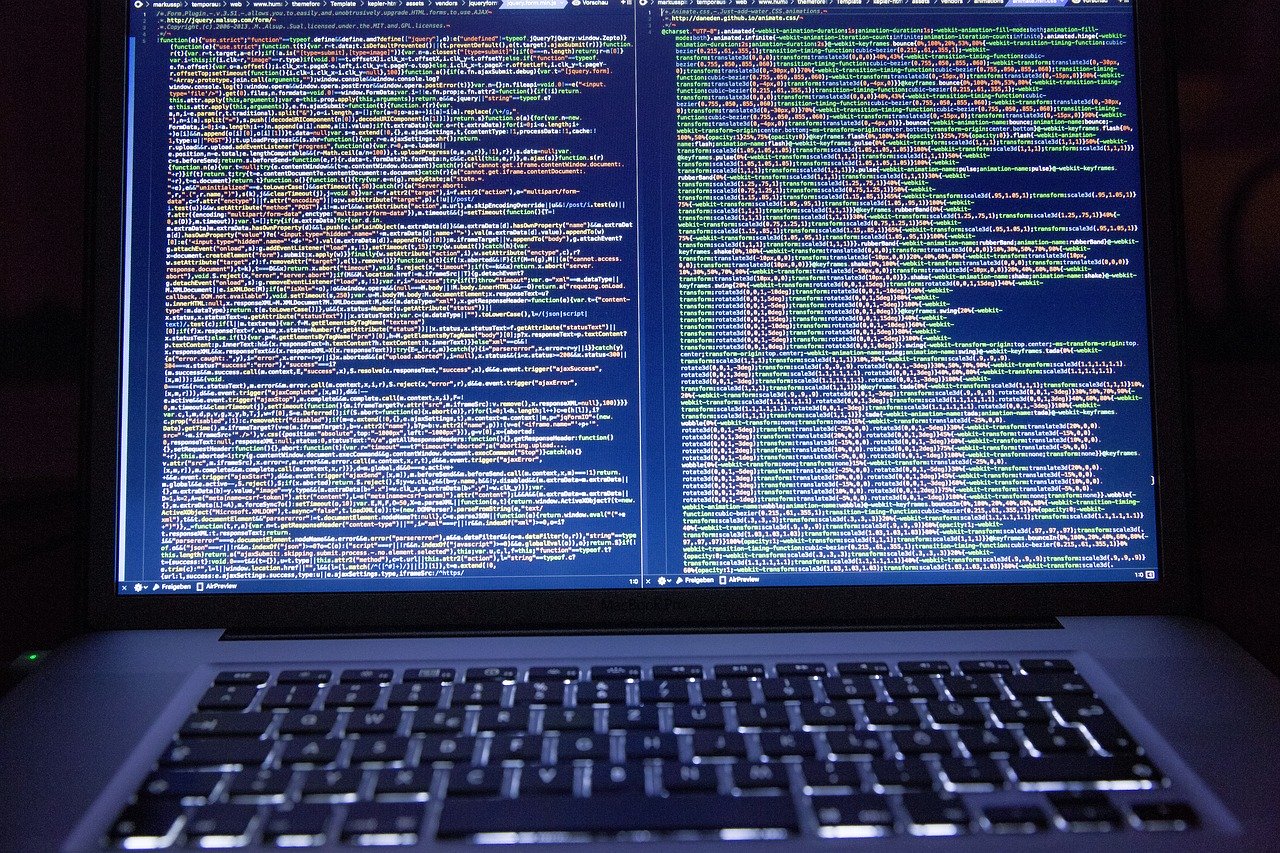
Mastering the art of coding efficiently is a journey every developer embarks on at some point in their career. This journey is filled with continuous learning, practice, and refinement of techniques. Coding efficiently not only speeds up the development process but also enhances the quality and maintainability of the code. Here, we delve into the strategies and mindsets necessary to achieve efficiency in coding.
Efficient Coding Techniques for Mastery
Efficiency in coding can be viewed from various angles including the use of algorithms, understanding data structures, and leveraging tools and practices that streamline development. One of the fundamental ways to code efficiently is by writing clean and readable code. This ensures that the code can be easily understood and maintained by others, which is crucial in collaborative environments.
Understanding the problem thoroughly before jumping into coding is another key aspect. Often, developers rush into writing code without fully grasping the problem at hand, leading to inefficient and error-prone solutions. Taking the time to analyze and break down the problem can lead to more efficient and elegant code.
Leverage the Power of Libraries and Frameworks
Modern development environments are rich with libraries and frameworks that can save time and effort. These tools have been tested and optimized by countless developers, and using them can significantly improve coding efficiency. Rather than reinventing the wheel, utilizing these resources allows developers to focus on the unique aspects of their projects.
Libraries and frameworks often come with extensive documentation and community support, providing a wealth of knowledge and troubleshooting tips. This can be invaluable for solving common problems quickly and efficiently.

Adopt Best Practices and Design Patterns
Best practices and design patterns are established methods for solving common problems in software development. Adopting these can lead to more robust and scalable code. Design patterns, such as Singleton, Factory, and Observer, provide a template for solving particular problems in a consistent way, making the code more predictable and easier to maintain.
Here are some best practices to enhance coding efficiency:
- Keep code DRY (Don’t Repeat Yourself): avoid redundancy by creating reusable code blocks.
- Write modular code: break down code into smaller, manageable functions or classes.
- Optimize code performance: use efficient algorithms and data structures.
- Conduct regular code reviews: peer reviews can help identify inefficiencies and areas for improvement.
- Maintain documentation: well-documented code is easier to understand and debug.
Automate Repetitive Tasks
Automation is a powerful ally in the quest for efficient coding. Repetitive tasks such as testing, deployment, and code formatting can be automated using various tools. Continuous Integration/Continuous Deployment (CI/CD) pipelines ensure that code changes are automatically tested and deployed, reducing the manual effort required and speeding up the development cycle.
Additionally, using code linters and formatters can automatically enforce coding standards and styles, ensuring consistency across the codebase without manual intervention.
Develop a Growth Mindset
A growth mindset is essential for continuous improvement in coding efficiency. Embracing challenges, learning from mistakes, and being open to feedback are key components of this mindset. Staying updated with the latest trends and technologies in software development can provide new tools and techniques to enhance efficiency.
Participating in coding communities, attending workshops, and reading technical blogs are excellent ways to stay informed and motivated. Sharing knowledge and learning from others can lead to significant improvements in coding practices.
The Role of Time Management
Effective time management is crucial for efficient coding. Prioritizing tasks, setting realistic deadlines, and avoiding procrastination can help maintain a steady workflow. Using task management tools and techniques such as Agile and Scrum can provide structure and improve productivity.
Taking regular breaks and maintaining a healthy work-life balance also contribute to long-term efficiency. Burnout can severely impact productivity and code quality, so it’s important to manage work hours effectively.
Embracing the Path to Efficient Coding
Efficient coding is not a destination but a continuous journey of learning and adaptation. By incorporating best practices, leveraging tools and frameworks, and maintaining a growth mindset, developers can significantly enhance their coding efficiency. The path to mastery is paved with continuous improvement and a commitment to excellence in every line of code written.